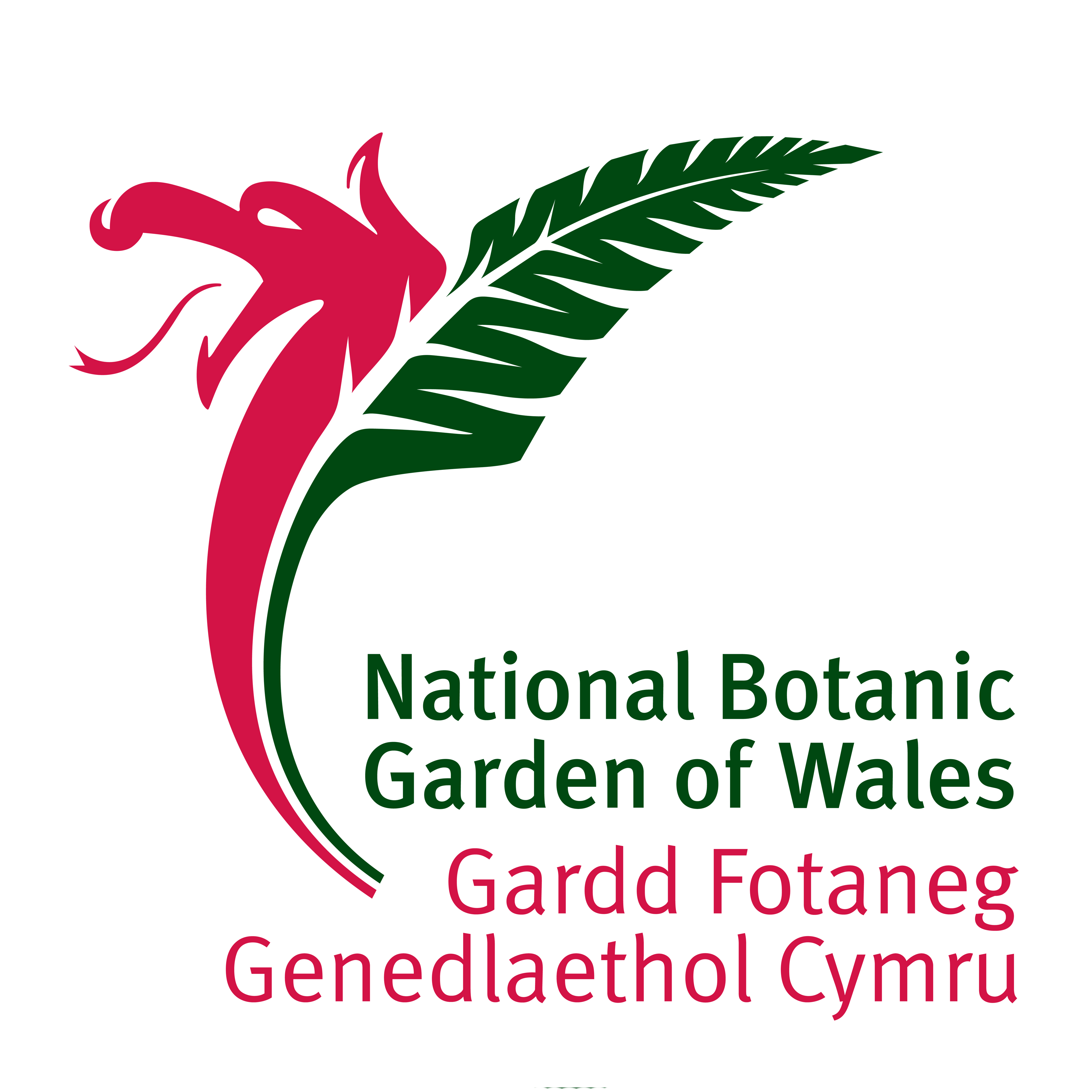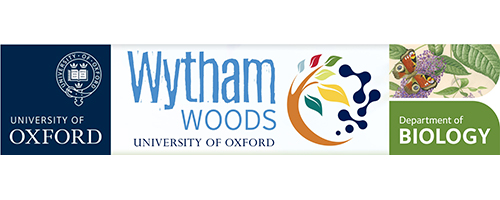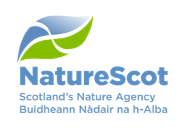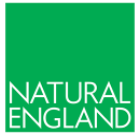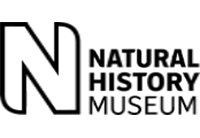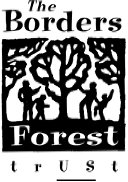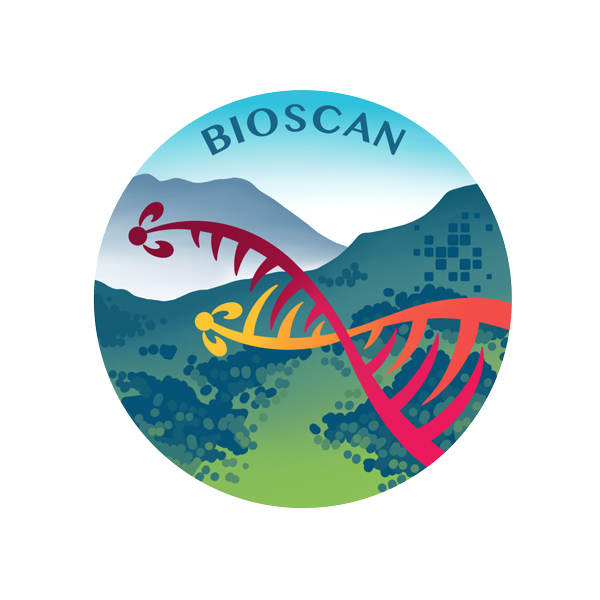
BIOSCAN
Register Your Interest
 Click the button to the right or this link to register your interest in the BIOSCAN – UK project
Click the button to the right or this link to register your interest in the BIOSCAN – UK project
There is no deadline and no commitment expected when registering your interest. We encourage you to register your interest even if you don’t have all the information requested on hand.
About the Project
The BIOSCAN Project is using simple DNA barcoding to study insect species diversity and species interactions for one million insects over five years. We have many sites across the UK using Malaise traps on a monthly basis to passively collect insects so we can study how species diversity and species interactions change through space and time.
This project will create an improved baseline characterisation of insect species diversity and form a foundational resource for DNA-based biomonitoring in the UK.
We have many partners already onboard but we are still looking for long-term partners who are interested in or whose research would benefit from carrying out DNA-based monitoring of arthropods at their site of interest on a monthly basis for 2-5 years. After reading through the project details below, please fill in this Register Your Interest form if you would like to discuss joining project.
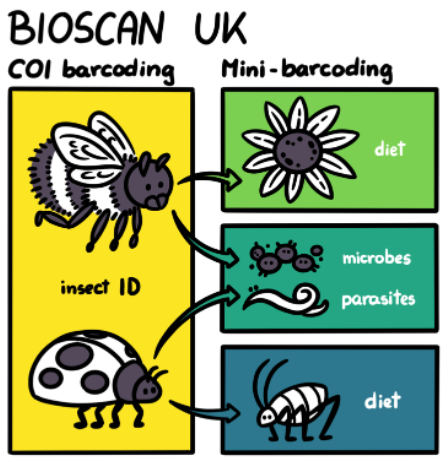
The BIOSCAN Workflow
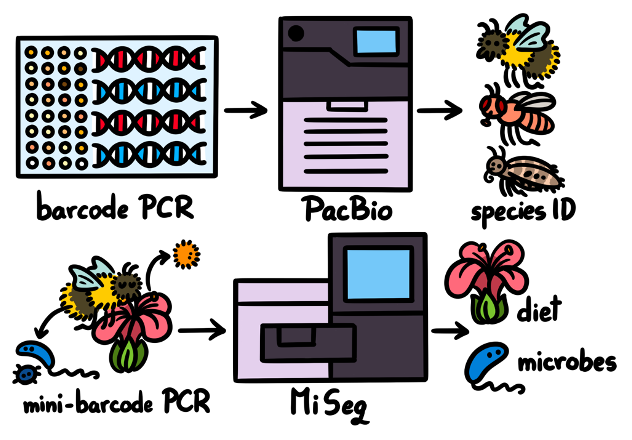
Using our cheap, high-throughput, non-destructive DNA extraction protocol, where flying insect morphology can be studied after sequencing-based identification, we examine a very small aliquot of the DNA from each insect. Currently, we are sequencing the COI DNA barcode (~658 base pair sequence) from each insect’s mitochondrial genome using high throughput sample processing and multiplexing such that more than 9000 insects can be studied in a single sequencing run. The protocol on how we do this is published here.
We are in the early stages of developing approaches to target additional DNA barcodes that will reveal potential interactions such as pollination, diet, and parasites.
A Snapshot of BIOSCAN Workflow Outcomes:
The outcomes of participating as a BIOSCAN project partner include the following:
- A “Biodiversity Report Card” will be provided to you for the samples you submit, revealing the species identity of every insect or if there is no clear match, the nearest taxon level or barcode sequence cluster. Over time, this report card will be enhanced with species interaction information and assessments over time (and space, in comparison to other sites across the country).
- Our cheap, non-destructive DNA extraction protocol supports the preservation of specimens for morphological study after sequencing, and all specimens will be returned to you for further study if you so wish.
- COI Data are generated from 9,000 individual flying insects in a single sequencing run, and you will receive all resulting data from your samples as well as access to the interactive report card to help you make the most of these data.
Sample Collection - The Malaise trap
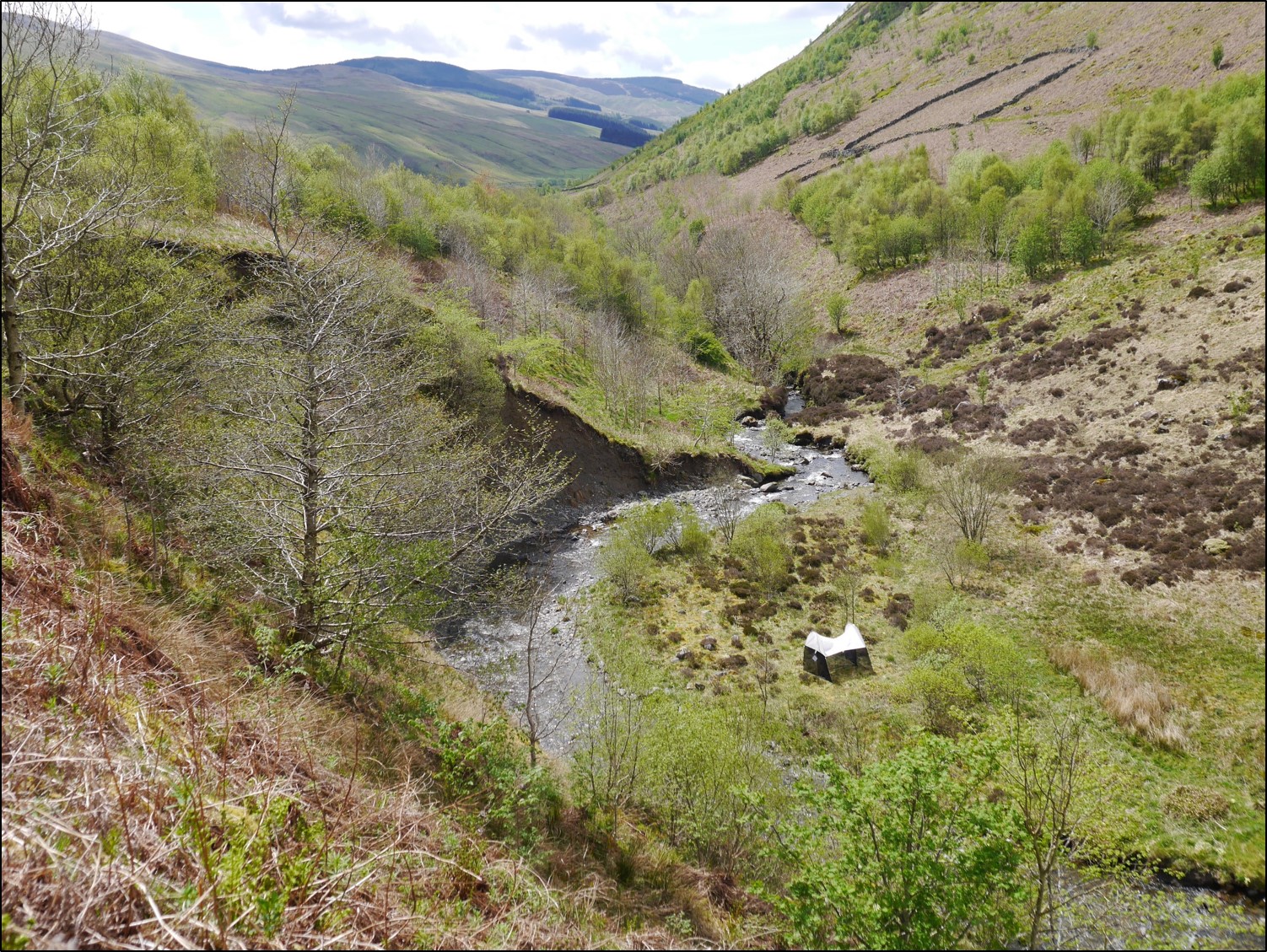
The project relies on the Malaise trap because of its ability to passively catch and preserve huge numbers of flying insects in ethanol. The Malaise traps we use are easy to set up and in the height of the season, can result in the collection of 1000s of insects in very short periods of time.
Sampling Protocol
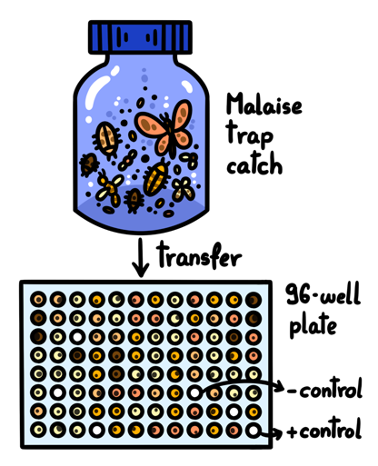
Each time a collection event occurs, 50 mL of 100% ethanol is used in the bottle and the Malaise trap is run for a 24 hour period. These parameters ensure high quality DNA preservation for multiple sequencing approaches — indeed, we hope that DNA from specimens collected through the BIOSCAN project will also be able to contribute to other initiatives like the Darwin Tree of Life Project.
Our project is a part of the global BIOSCAN initiative and our protocols are similar to the Global Malaise Program where processing is done on individual specimens as can be seen in the following schematics and photos. Ideally traps should remain in the same orientation and position for the duration of your project, though this can be flexible depending on the needs of your project.
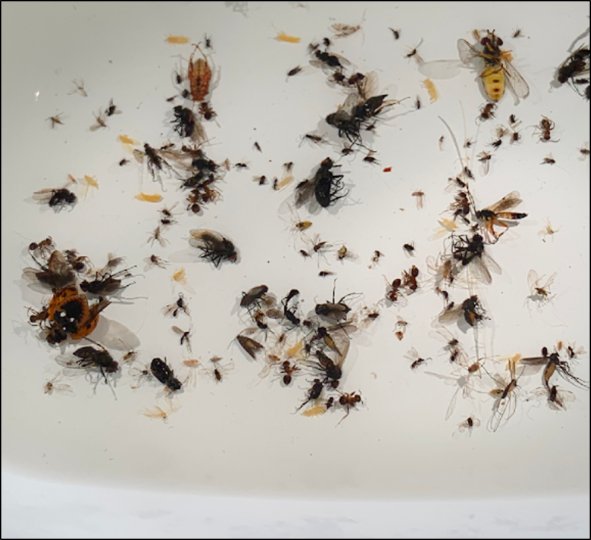
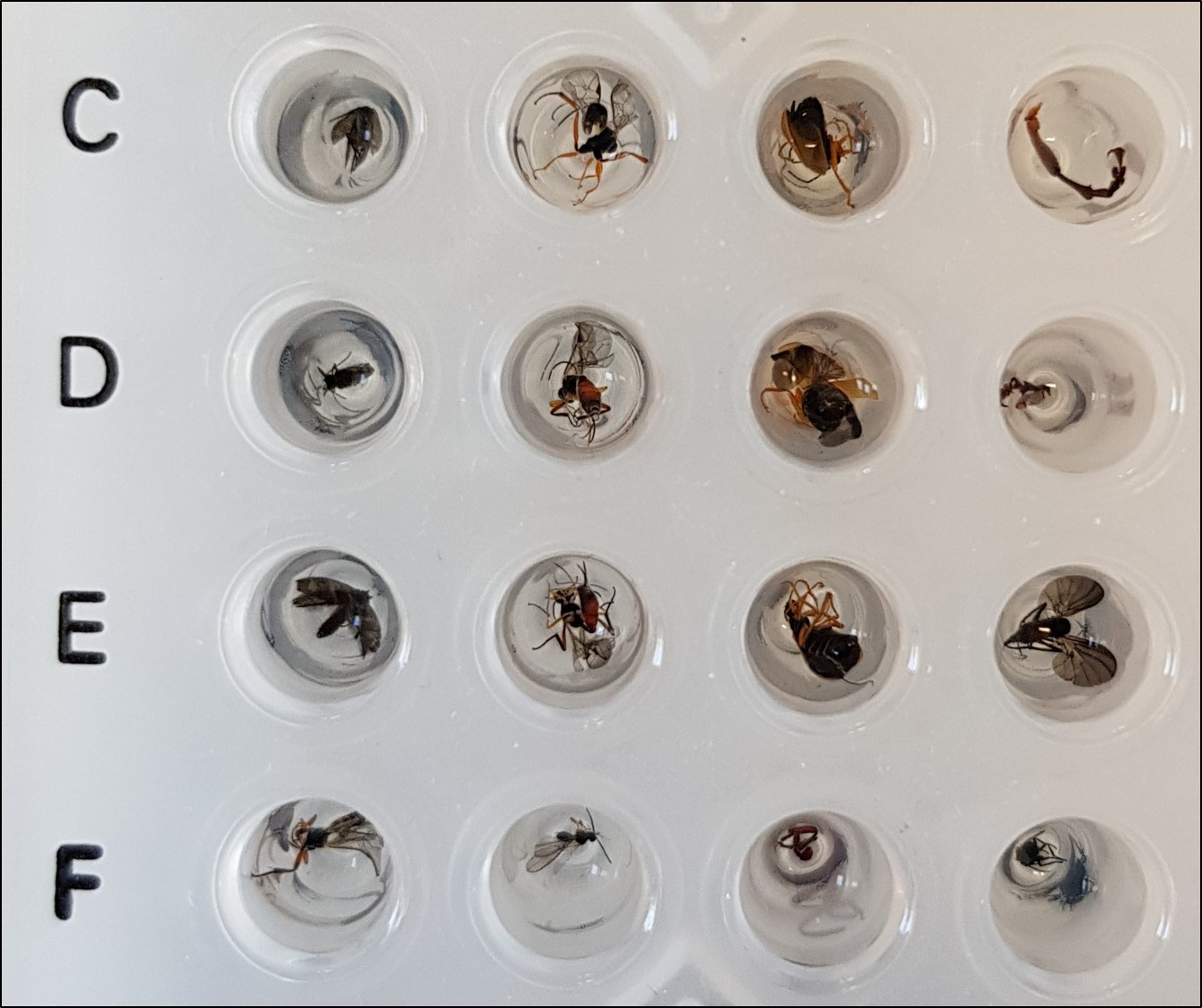
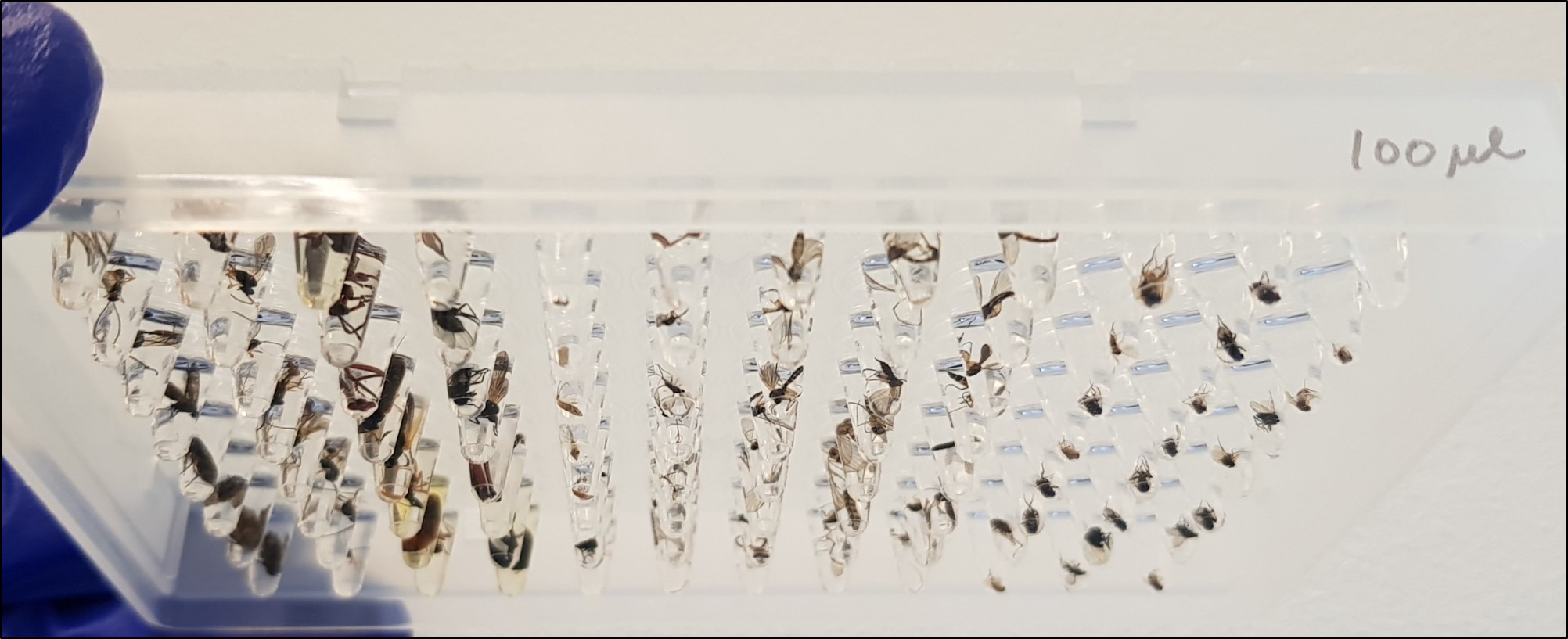
What we provide:
- Malaise trap kit including assembly instruction sheet
- Sufficient preservative (ethanol) for each collection event
- Labeled 96-well plates already containing preservative (ethanol)
- Standardised Manifest for careful metadata collection
- Forceps, strip-cap tool, sorting trays
- Shipping materials
- Specimen plates shipping costs (if required)
What you provide:
- Collecting permission for the site of choice
- Staff or volunteer time for trapping and plating
- This is dependent on how long it takes to get to your site, the number of people involved and the season. From our own experience for one person: 1 hour to set and remove trap, 2-6 hours for plating & metadata capture
- Plating time is reduced when more than one person is contributing
- Adequate clean benchtop space for sorting and plating insects
- Travel costs, where relevant
- Shipping costs, where possible
Commitment to participate in the BIOSCAN Project
This is what we typically expect from our partners:
Commitment to participate: 2 – 5 years (this means agree to contribute specimens on a monthly basis for this duration)
Onboarding: Meetings, discussions, and legal documents as required to ensure full training and to finalise Malaise trap site selection (decided by partner).
On a monthly basis: Set up Malaise trap for a 24 hour collection period, plate caught specimens into 96-well plates as soon as possible after collection. Fill in metadata manifest for every catch.
At least quarterly: Ship samples back to us.
BIOSCAN Pilot Project 2021-2022
A project pilot has been up and running since May 2021 with seven partners contributing monthly collections from 16 traps across the UK.
National Botanic Garden of Wales
Two Malaise traps are set up on a monthly basis, one in the Double Walled Garden (a systematic, horticultural garden), and the other in a hay meadow, Cae Trawscoed. Sampling began in May 2021, and since then an additional trap has been set up in the Great Glasshouse (which houses Mediterranean plants). This long-term sampling will significantly increase knowledge of the site’s invertebrate assemblages, providing information on many under-recorded taxonomic groups. Students and volunteers also benefit from learning identification skills through participation in this project.
See our NBGW BIOSCAN blog post here.
University of Oxford
A Malaise trap has been set up in the ancient Wytham Woods woodland and another on the calcareous grassland. Both traps are associated with long-term ecological experiments (ForestGEO & RainDrop). Sampling commenced in May 2021 and has been carried out on a monthly basis. It is hoped that this detailed biodiversity monitoring will provide insights into network interactions between invertebrate populations and their ecosystem, as well as providing novel reference libraries for invertebrate species.
NatureScot
One trap has been set in the hillside above Aviemore in the birch woodlands of Craigellachie National Nature Reserve within the Cairngorm National park. Trapping has been carried out monthly since June 2021. The results will add to our knowledge of the site of Special Scientific Interest SSSI which is notified for amongst other things its assemblage of moth species.
Natural England
Two Malaise traps were set up in the fens at Avalon Marshes, which is part of Somerset’s Levels and Moors, one of the largest lowland wetlands in Britain. Monthly sampling began in May 2021 and we are interested in monitoring changes in insect assemblages over time across the NNR.
Natural England
Yarner Wood is part of East Dartmoor National Nature Reserve and has a wealth of long term data connected with mainly the Atlantic western oak woodland habitat it contains as it has been an open air laboratory since it was declared in 1952. The data collected will add to this resource and will increase our knowledge about these important groups. We have one Malaise trap and this has been done since June of 2021. It has been static since November in an area where we hope to do some future management that would benefit the insect population. Samples are plated and ID up by volunteers.
See the Yarner Wood BISOCAN blog post here.
Natural History Museum, London
The BIOSCAN UK malaise trap at the Natural History Museum is situated in a woodland ride in the museum’s Wildlife Garden and has been run monthly since June 2021. At around one acre the Wildlife Garden is a small space but one that supports a mosaic of woodland, grassland, scrub, fen, aquatic, reedbed, hedgerow and urban habitats. Being in the centre of London the wider environment around the sampling site is highly urban. The Museum’s five-acre site in South Kensington including the Wildlife Garden is currently being transformed into a welcoming, accessible and biologically diverse green space in the heart of London. This transformation is part of the Urban Nature Project and has been designed to minimise impacts to existing habitats while increasing the size of the pond and creating new areas of urban and grassland habitat. Understanding how these changes impact biodiversity is important and data from the NHM BIOSCAN trap will contribute to this and advance our knowledge of urban invertebrate diversity more widely.
The Borders Forest Trust
One Malaise trap is set up on a monthly basis sites within the Wild Heart of Southern Scotland, an area undergoing the first ecological restoration project of its kind, re-creating wooded wilderness in the Southern uplands. Sampling began in May 2021. We are interested in learning more about the insect assemblages associated with our landscape scale restoration.
Forest Research
Six Malaise traps were set up from June – September 2021 in two forest types in North Yorkshire, three traps in a 1:1 ratio of Birch:Sitka spruce and three traps in a Sitka only forest. We are interested in using DNA barcoding and metabarcoding to understand whether birch retention in the understorey of Sitka spruce plantations might enhance subcanopy arthropod community richness and associated food web complexity as a positive management measure.
Partner timelines

Please note that the Compliance (section 2) timeline is highly variable as permissions to collect and Material Transfer Agreements between institutions can take as long as 8 months.
Register Your Interest
If you are interested in joining the BIOSCAN for flying insects – UK project then please fill in Register Your Interest survey to let us know.
The survey is a series of statements and questions to help you understand the project and to gather details on your proposed site, your research interest(s), and the duration of your participation. We will use your answers to evaluate whether your site and your project is suitable for the wider endeavour of the project. We will review surveys weekly and contact you within 2 weeks to further discuss your interest.
Contact us
If you have any questions, please email us at bioscan.info@sanger.ac.uk.
Sanger people
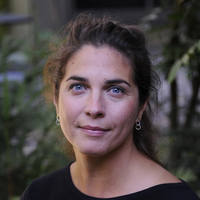
Dr Mara Lawniczak
Senior Group Leader
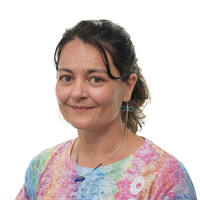
Dr Lyndall Pereira da Conceicoa
Samples and Partner Relationship Manager

Dr Alex Makunin
Computational Staff Scientist

Remi Clare
Sample Coordinator

Dr Alicja Witwicka
Postdoctoral Fellow
External partners and funders
External
The Borders Forest Trust
External
Forest Research
External
National Botanic Garden of Wales
External
Natural England
External
Natural History Museum, London
External
NatureScot
External
